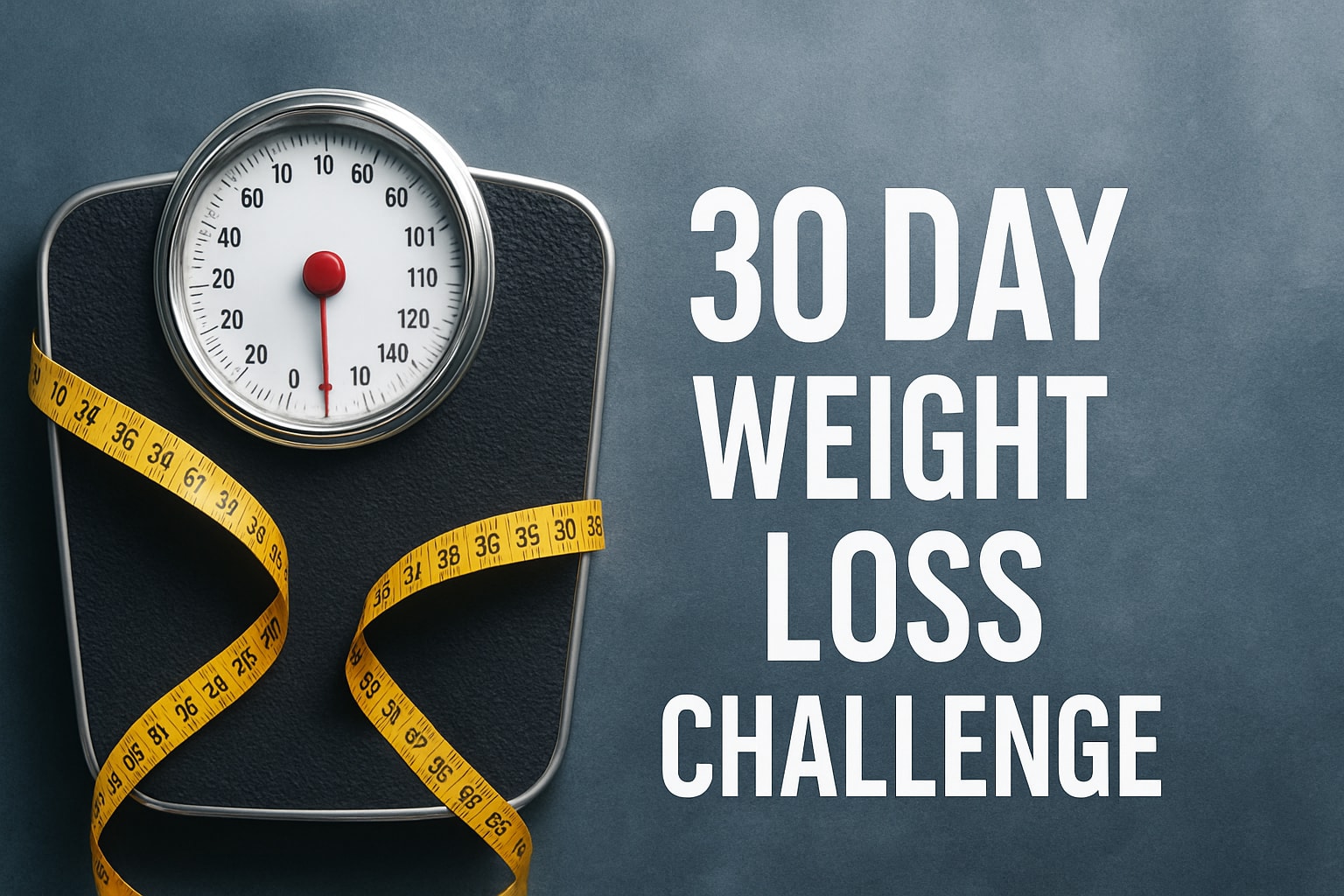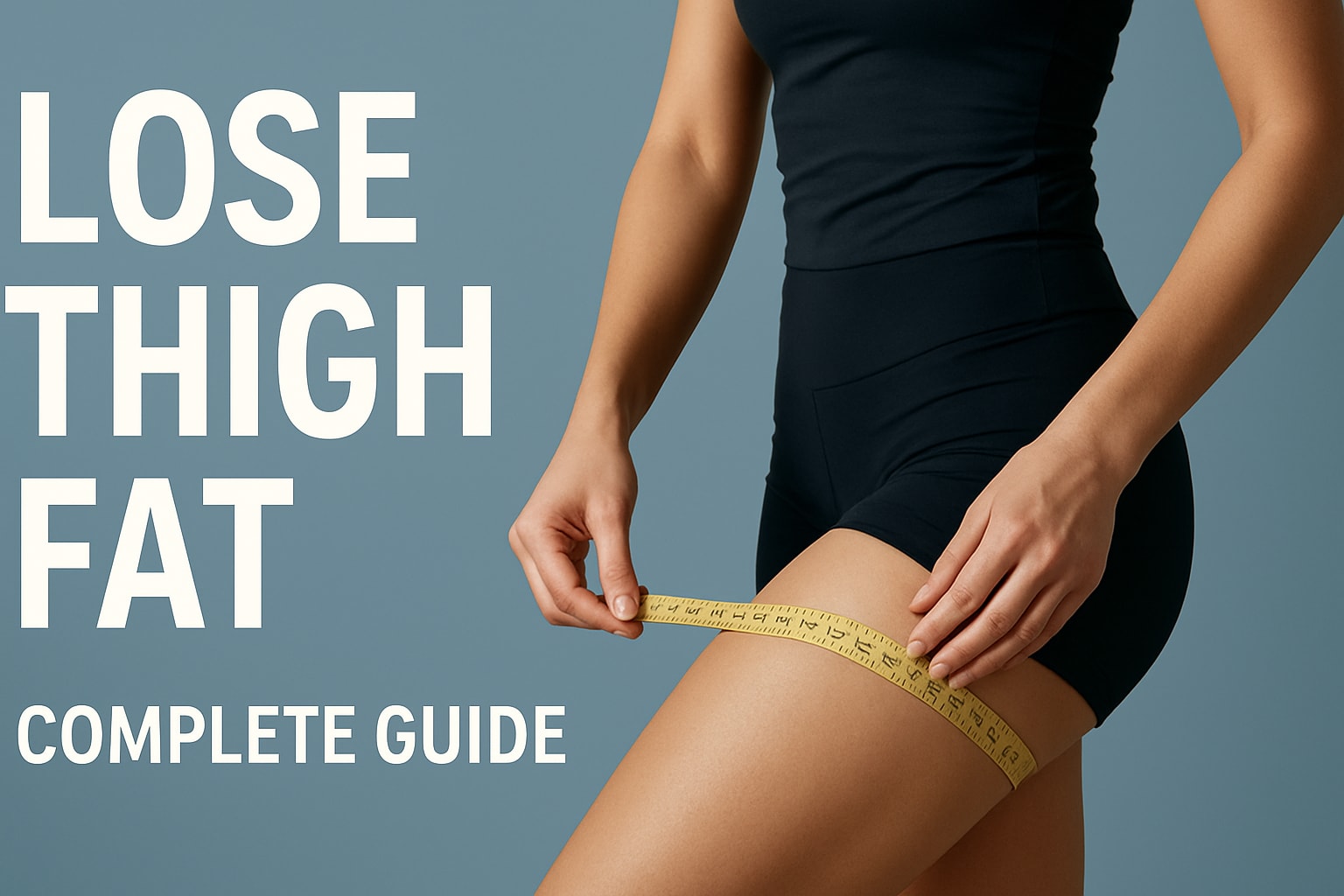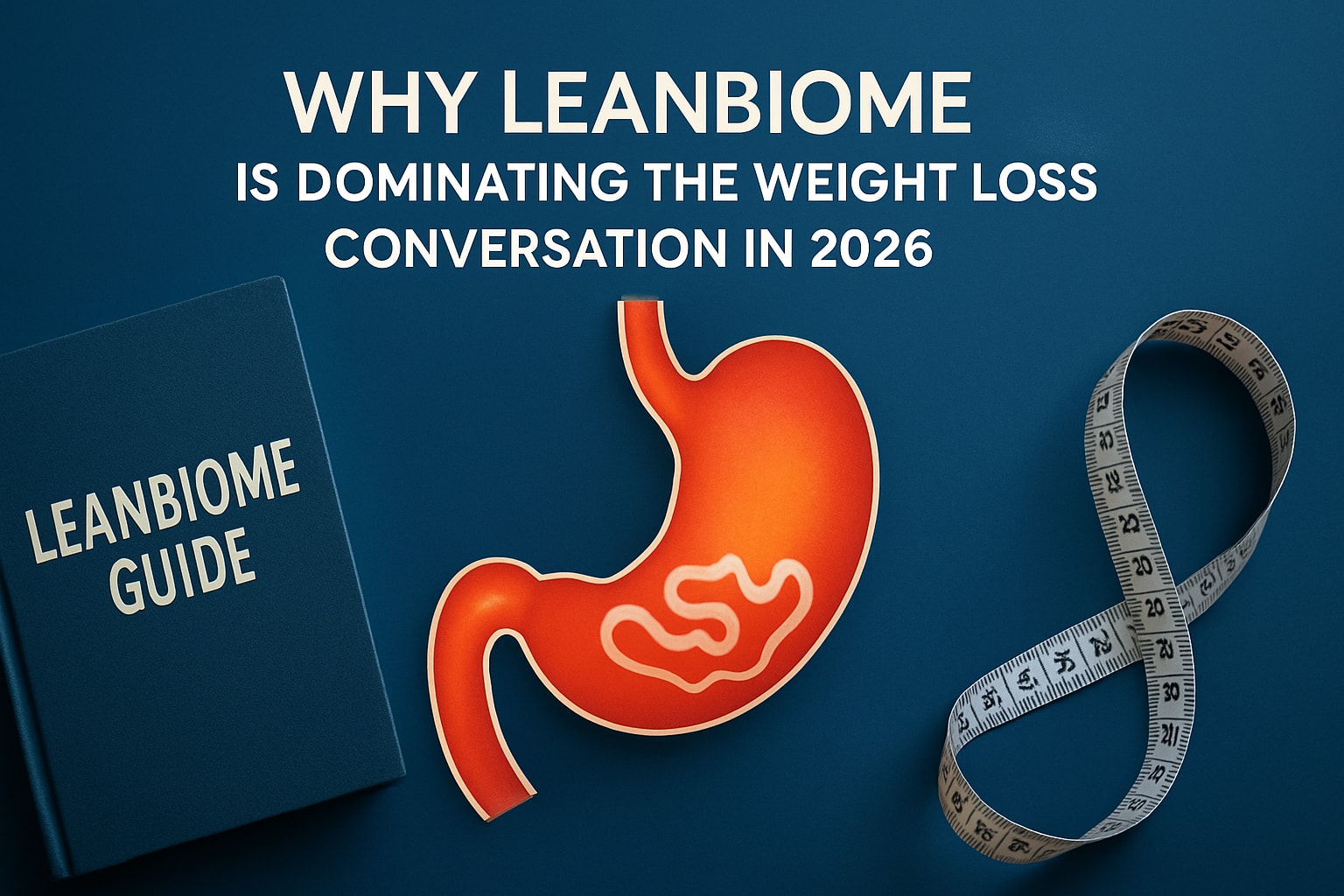Having trouble reaching your ideal weight? You're not alone.
It’s important to keep informed about the science behind weight management in order to reach your ideal weight. You have to be aware of such things as body mass index (BMI), individual body composition and metabolism, for example.
Whether you’re trying to lose a lot of weight or just a few extras you put on during the break, dieting isn’t just about eating less calories: there is a lot that goes into reaching your ideal weight.
Know your body mass index (BMI)
So, what is body mass index (BMI)?
BMI, or body mass index, is a measurement used to determine if you have a healthy weight in relation to your height. It’s a good indicator of your general health and wellbeing, based on set values like height and weight.
Here is a handy online BMI calculator to help you find out your body mass index.
Once you’ve figured out your BMI, you should compare your number to the BMI chart, which will give you an idea of where you stand in terms of healthy weight, what your ideal weight is and how much weight you should aim to lose (or gain). You’ll find out if you’re underweight, normal weight, overweight or obese.
Set realistic goals to lose weight and keep it off
When starting a diet, you’re often over enthusiastic and it’s common to set an ambitious weight loss goal. While that might seem smart (reach for the stars, right?), setting unrealistic goals can actually hurt more than help. If you don’t lose weight as fast as you’d hope, you could spiral in frustration and disappointment, and that might even lead to giving up (“I’m never going to get there anyway, what’s the point?”).
That’s where the BMI chart can be useful. It helps you see where you stand in terms of weight compared to your height and stature, and set a healthy weight loss goal. By the way, a healthy weight loss goal isn’t just a number of pounds you aim to reach; it’s also a timeline in which to reach it. You can lose 20 pounds in two weeks but chances are, you’ll gain it all back as soon as you let go. Alternatively, losing 20 pounds in six months is a nice, steady weight loss that promotes longevity.
Remember that setting realistic goals is not admitting defeat, but setting yourself up for success.
But where do I start? How much should I weigh?
The answer is not as simple as a number on a scale. It varies depending on several factors such as:
- Age
- Height
- Body type
- Personal preferences
Once you have that information, you can work to incorporate a balanced diet into your lifestyle. This means focusing on whole, nutrient-rich foods while limiting processed and high-calorie options. The key is to find a healthy balance that works for you and your body.
If you don't know what to eat today, try one of our recipes:
- Revitalizing summer salad: refresh your body and mind while losing weight
- Cucumber and yogurt salad
- Quinoa and avocado salad
- Lentil soup: the comforting recipe that nourishes your body and mind
- Hypnotic weight loss salad.
- Serenity Smoothie.
Self-hypnosis exercise and practice for optimal results
Self-hypnosis that can help you stay focused on your purpose, allowing you to confront weight loss or weight management from a holistic perspective and maintaining healthy stress levels. By using self-hypnosis you can:
This will help make your path to your ideal weight much more attainable.
During self-hypnosis, your brain enters what is called the hypnotic trance. In this state, your conscious mind becomes more relaxed and open, allowing you to access your subconscious mind. That’s where your beliefs, emotions, and automatic behaviors are stored.
In the hypnotic trance, your brainwaves change to alpha and theta patterns, which help you focus and concentrate better. This allows you to bypass critical thinking and directly influence your subconscious.
That’s why, by practicing self-hypnosis daily, you can change negative eating habits, helping you reach your ideal weight. By accessing your subconscious mind, self-hypnosis helps reprogram automatic responses to food and encourages new ways of behaving when hungry.









%20(1).jpg)






